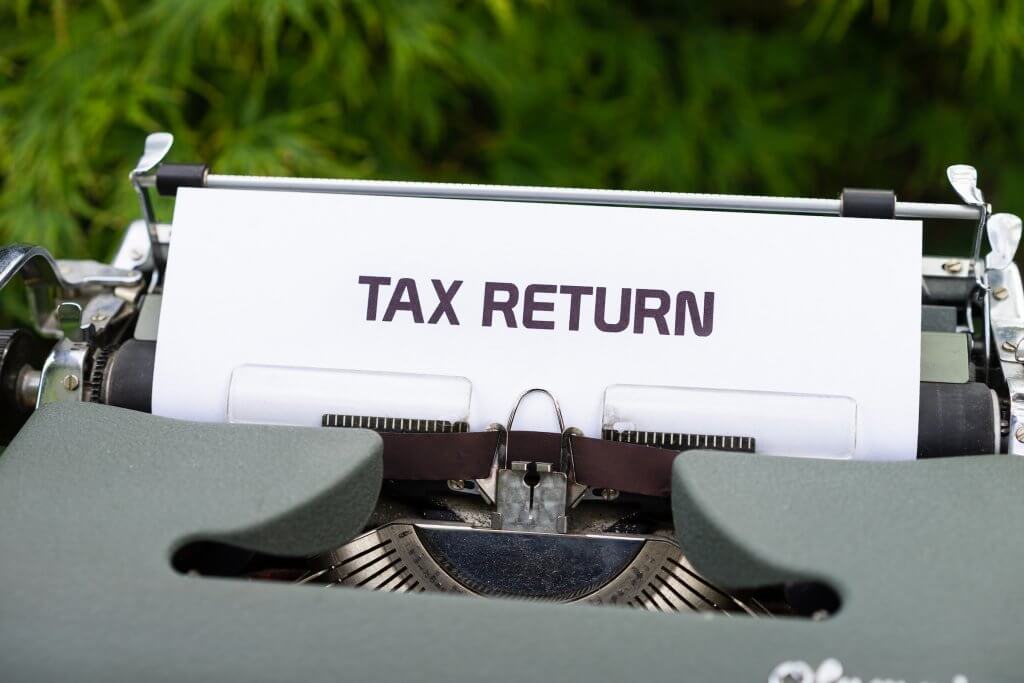
What Happens if You’re Not Able to Lodge a Tax Return in Years?
To lodge a tax return in Australia is a civic responsibility for every taxpayer. However, there are instances where taxpayers may fail to file their returns for several years due to various reasons.
In this blog, we will explore some potential reasons why a taxpayer may not have lodged their tax returns, the consequences of late or delinquent returns, and the importance of filing tax returns on time.
Reasons You’re Not Able to Lodge a Tax Return
One common reason taxpayers may not file their tax returns is financial hardship. Unemployment, unexpected medical expenses, or other significant life events can create financial difficulties, making it challenging to gather the necessary information and funds to file returns.
Some taxpayers might not be aware of their tax obligations, especially if they are new to the workforce or have recently become Australian residents. The complex tax system and changing regulations can also contribute to confusion, leading individuals to unintentionally neglect their tax filing obligations.
Fear of owing taxes is another factor that deters some taxpayers from filing returns. Those who suspect they might owe more than they can afford may avoid filing to evade immediate payment, unaware that delaying the process will only compound their problems. According to the ATO, you may not have to file a return if in a year, you earn under the tax-free threshold of $18,200, but you must file a non-lodgement advice with evidence your income is under the threshold.
Health problems or personal issues, such as family emergencies, can disrupt an individual’s routine and leave them unable to fulfill their tax obligations.
Consequences of Not Filing Tax Returns
Accrued Penalties and Interest
Late tax returns are subject to penalties and interest charges. The longer the delay, the higher the penalties and interest accrued, creating an additional financial burden for the taxpayer.
The ATO rules on late returns mandate a “failure to lodge on-time penalty” of $900 for each overdue return, which can compound depending on how many years you have not filed your return. If there’s additional taxes payable for each return, there could be general interest charges of between 10 and 14 per cent per year.
If you have not paid any taxes in years, a consultation with a registered tax agent may check with the ATO as to how many returns you have missed filing, and then take the necessary measures.
Loss of Refunds and Deductions
Failing to file tax returns can result in missed opportunities to claim refunds and deductions owed to the taxpayer. This can lead to the loss of potential tax benefits, such as medical expenses, education expenses, or work-related deductions.
Legal Actions and Prosecution
In severe cases of repeated failure to lodge returns or deliberate tax evasion, taxpayers may face legal actions and even prosecution, resulting in severe fines or imprisonment.
Impact on Credit Rating
Late or delinquent tax returns can negatively impact a taxpayer’s credit rating, affecting their ability to obtain loans, mortgages, or other financial services in the future.
Withholding of Government Benefits
The Australian government may withhold certain benefits, such as Family Tax Benefits or Child Care Subsidies, until overdue tax returns are lodged.
The Importance to Lodge a Tax Return on Time
For tax returns in FY23, the ATO states that taxpayers who have not filed their prior returns as of 30 June 2023 should put in everything by 31 October 2023.
Lodging tax returns is a legal obligation and by meeting this responsibility, taxpayers maintain compliance with tax laws and demonstrate their commitment to being responsible members of society.
Lodging tax returns on time is essential for accessing various government support programmes, such as Medicare, social security benefits, and the First Home Owner Grant.
Consistent and timely tax filing establishes a strong financial history, positively impacting credit scores and making it easier to access financial services in the future.
Filing returns on time ensures quick processing of refunds for those entitled. Refunds can help individuals address financial needs or invest in further opportunities.
Filing tax returns on time is not only a legal obligation but also to maintain financial health and responsibility. It also helps to avoid penalties, interest, and potential legal actions that could severely impact the financial and personal life.
It is essential for taxpayers to be aware of their responsibilities and seek professional assistance if faced with challenges in meeting their tax obligations.
UBUDGET, provided by UBOMI, empowers users to manage their finances by setting and monitoring budgets, thus giving them increased control. This is a formidable resource that can assist in accomplishing personal targets.
If you liked our “ What Happens if You’re Not Able to Lodge a Tax Return in Years?” and find it useful, check our blogs regularly for more information and to get updates on UBOMI’s budget planner app.
DISCLAIMER: This article is for informational purposes only and does not constitute official taxation advice. UBOMI has no working relationships with any taxation professional or agency. Please consult your tax accountant.




